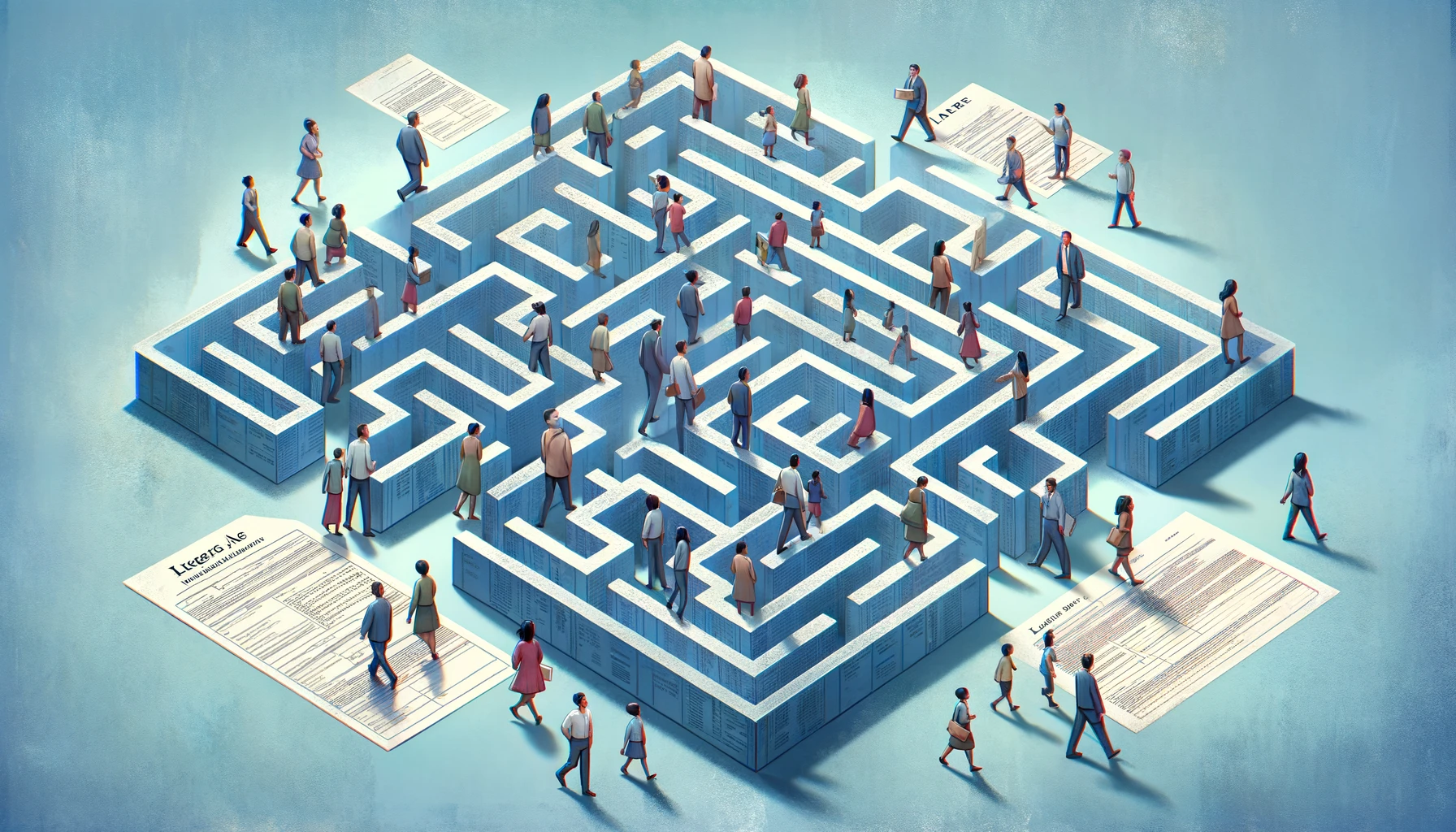Navigating the Legal Labyrinth: A Comprehensive Guide to Criminal Lawyers

Facing criminal charges can be a daunting and overwhelming experience. The legal system is complex, the stakes are high, and the consequences can be life-altering. A criminal lawyer, also known as a defense attorney, acts as your advocate and guide through this intricate labyrinth, protecting your rights and fighting for the best possible outcome.
This guide provides an in-depth look at the role of a criminal lawyer, exploring their expertise, responsibilities, and the vital impact they have on navigating the criminal justice system.
Understanding the Role of a Criminal Lawyer
A criminal lawyer specializes in representing individuals accused of criminal offenses. Their primary duty is to safeguard the defendant’s legal rights throughout every stage of the legal process, from initial arrest to trial and potential sentencing.
Key Responsibilities of a Criminal Lawyer:
-
Protecting Constitutional Rights: Criminal lawyers are staunch defenders of the Constitution, ensuring that their clients are treated fairly and that their fundamental rights are upheld. This includes:
- Miranda Rights: Ensuring that suspects understand their right to remain silent and their right to legal counsel before interrogation.
- Search and Seizure: Challenging the legality of searches and seizures, protecting against unreasonable intrusions into a person’s privacy.
- Due Process: Guaranteeing that all legal proceedings adhere to established procedures and that the accused has a fair opportunity to present their case.


Investigating the Case: A criminal lawyer conducts a thorough investigation of the charges against their client, gathering evidence, interviewing witnesses, and analyzing police reports and other relevant documents. This meticulous approach helps build a strong defense strategy.
-
Negotiating with Prosecutors: Criminal lawyers often engage in plea negotiations with the prosecution, seeking to reduce charges, secure a favorable plea agreement, or explore alternative sentencing options.
-
Building a Defense Strategy: Based on the investigation and understanding of the case, the criminal lawyer develops a comprehensive defense strategy tailored to the specific circumstances. This may involve:
- Challenging the prosecution’s evidence
- Presenting an alibi or alternative explanation for the alleged crime
- Raising legal defenses, such as self-defense or insanity
-
Preparing for Trial: If a plea agreement cannot be reached, the criminal lawyer prepares aggressively for trial. This includes:
- Examining potential witnesses and consulting with expert witnesses
- Drafting motions and briefs
- Cross-examining prosecution witnesses
- Presenting evidence and arguments on behalf of the client
-
Representing Clients at Sentencing: If the client is found guilty, the criminal lawyer advocates for a fair and lenient sentence, presenting mitigating factors and arguing for alternatives to incarceration.

Choosing the Right Criminal Lawyer
Selecting a competent and experienced criminal lawyer is crucial for achieving a favorable outcome in a criminal case.
Factors to Consider When Choosing a Criminal Lawyer:
- Experience and Expertise: Look for a lawyer who has a proven track record of success in handling cases similar to yours.
- Reputation and Client Feedback: Research the lawyer’s reputation within the legal community and seek feedback from past clients.
- Communication and Accessibility: Effective communication is essential. Choose a lawyer who is responsive, transparent, and readily available to discuss your case.
- Personal Connection: You should feel comfortable and confident in sharing sensitive information with your lawyer. Choose someone you trust and believe in.
The Impact of a Criminal Lawyer
Criminal lawyers play a vital role in ensuring that the criminal justice system functions fairly and protects the rights of individuals.
Here’s how they make a difference:
-
Leveling the Playing Field: Criminal lawyers provide a critical counterbalance to the immense power of the state. They ensure that the accused are not coerced into confessing or accepting plea deals they are not comfortable with.
-
Protecting Constitutional Rights: By zealously advocating for their clients’ constitutional rights, criminal lawyers safeguard the very foundation of our legal system.
-
Promoting Justice and Fairness: Criminal lawyers strive to ensure that individuals accused of crimes receive a fair trial and are not unjustly punished.
-
Providing Legal Expertise: They possess in-depth knowledge of criminal law, procedure, and evidence, enabling them to effectively navigate the complexities of the legal process.
Facing criminal charges is a stressful and challenging experience. A skilled and dedicated criminal lawyer can provide invaluable guidance, support, and representation during this time. They are your advocate, your protector, and your guide through the intricate maze of the criminal justice system.
